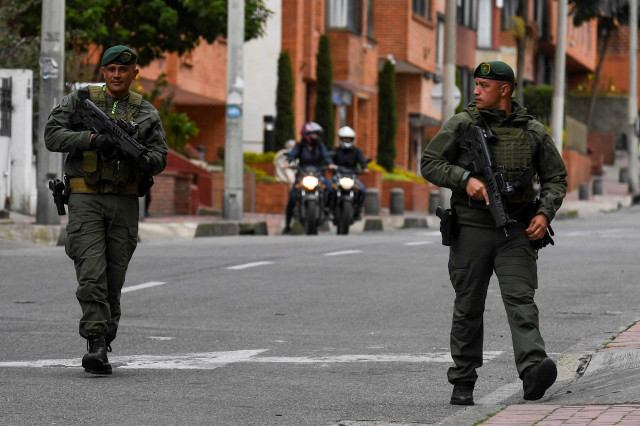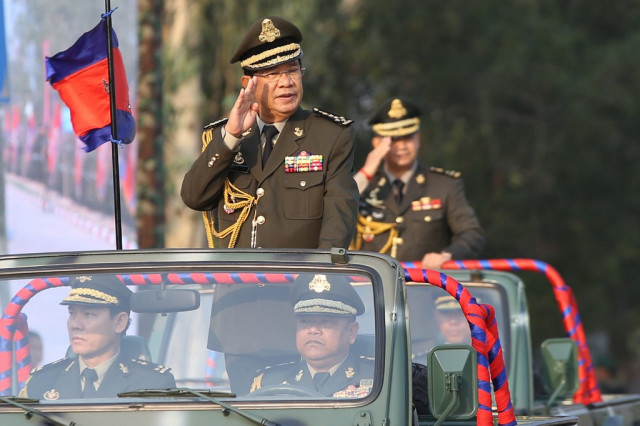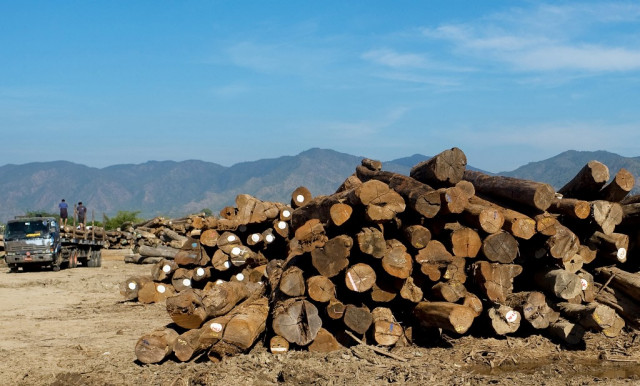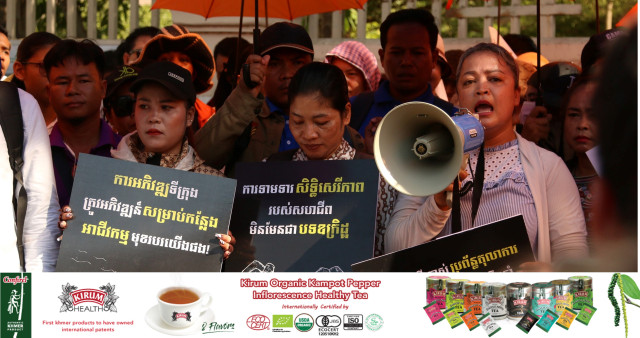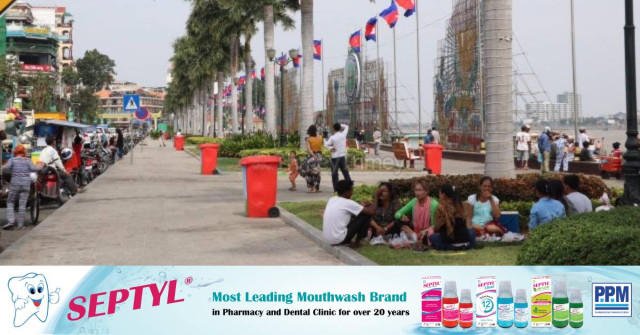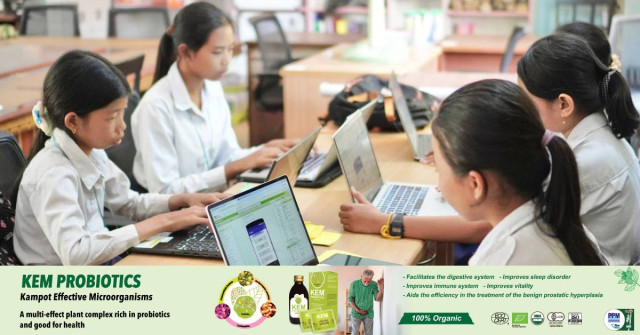Opinion: Homegrown Think Tank Matters for Contemporary Cambodia
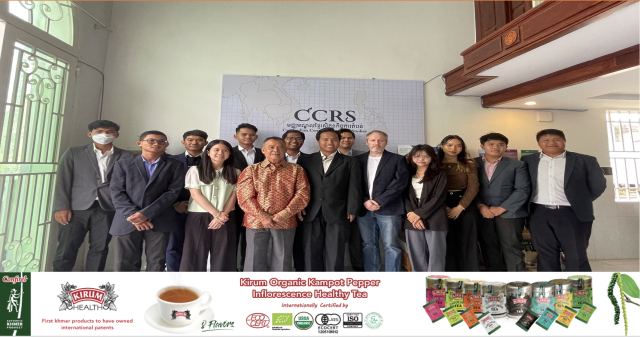
- By Pou Sothirak
- December 25, 2023 11:36 AM
Since the 1991 Paris Peace Agreements, Cambodia has undergone astounding changes. The entire country had passed through years of war, genocide, internal conflict, and neglect toward achieving peace, stability and progress as Cambodians work hard to rehabilitate their country.
Over the past three decades, the donor community has supported Cambodia's rehabilitation programs, setting the stage for the successive phase of the government's recovery process: reconstruction and development of Cambodia. Although the country has made outstanding achievements in reconstructing essential infrastructures and economic and social development, mechanisms to engage non-state actors such as academic communities, including think tanks, at the national planning level on matters related to strategy effectiveness of discerning policy issues still need to be improved.
To pick up the pieces of a broken country from the past, lay the foundations for a progressive nation, and move the country forward to a vibrant state, the national government needs to engage more willingly, aside from its official tracks, with institutions that can rally qualified homegrown intellectuals to analyses crucial national policy issues from different perspectives and provide a comprehensive point of views in support of multiple sectors of government and industries.
As contemporary Cambodia faces multiple challenges ranging from inadequate development strategies to the deficiency of alternative approaches to integrate itself into regional and global integration, there should be a vehicle through which decision influencers and decision-makers can come together to openly examine, discuss, dissect, and encourage various aspects of public policy for the country to accelerate the reform process and to assume its rightful position in the Asia-Pacific region. Cambodia stands to benefit a great deal more if the government is willing to involve think tanks in conveying relevant information and different sharp policy options, particularly in the foreign policy and national security domains where think tank's role is prevalent as they can provide far-reaching views and recommendations over diverse issues, manifesting constantly across the region and at the national level.
The recently established think tank called the Cambodian Center for Regional Studies (CCRS), made for and by the next generations of Cambodian scholars, creates an excellent platform to connect academics and policymakers where homegrown research scholars are grooming themselves up to play essential roles in providing actionable insights for those whose decisions are made into national policies, allowing the country to effectively maneuver the pitfalls of the domestic and global haphazard landscape.
The first thing that captured my attention was the team that formed CCRS. They call themselves a group of self-motivated young university students in Cambodia whose preoccupation is studying progressive policy change and the future. Self-stimulated young scholars can play a crucial role by providing in-depth views of different issues through their related fields of research that could be used to guide policy decisions. This group of young scholars should be encouraged, nurtured, and empowered to ensure that intellectual synergies among the best and bright-minded youths can be put to the best use to build up a better future for Cambodia.
Secondly, CCRS impresses me with its motivation, where a team of young Cambodian intellectuals dedicate themselves to opening up a more inclusive, diverse, and in-depth policymaking space. They intend to raise next-generation voices and commit themselves to translating their creative policy ideas into tangible policy change and aspire to become a progressive think tank in Cambodia. We need to encourage such motivation to tackle the unpredictability of the future that lies ahead of the country in the short, medium and long term, where spontaneous and prolonged crises are closely followed, calculated and remedied with appropriate recommendations to guide policy decisions.
The centerpiece of CCRS rests upon its vision to assist Cambodia in navigating the turbulent time with policy-relevant discussions and quality research, including topical publications such as journals, policy briefs, and opinion pieces to stimulate open debates. My admiration is also extended to CCRS' dedication to undertaking necessary studies to strategize Cambodia so that the country can withstand the shockwaves from complex regional uncertainties and bring about positive developments for the nation and its people.
In this tumultuous world dominated by a geostrategic shift from the West to the East, Cambodia needs more non-partisan foreign policy think tanks, such as CCRS, from which next-generation Cambodia's brightest scholars are stimulated and nurtured to undertake appropriate research studies and publish their works about essential subjects that government might want to act on, assisting the country to expand its external and security policies and supplement other critical economic and social policy gaps.
In conclusion, as an advisor to CCRS, I remain committed to assisting CCRS and its aspiring generation of young Cambodian scholars in achieving its lofty vision and objectives. However, the real success of the new think tank depends on the commitment given by all CCRS research team members to produce broadminded and knowledge-based policies that can connect with decision-makers and link with other communities of think tanks.
Ambassador Pou Sothirak is the Distinguished Senior Advisor of the Cambodian Center for Regional Studies (CCRS)






